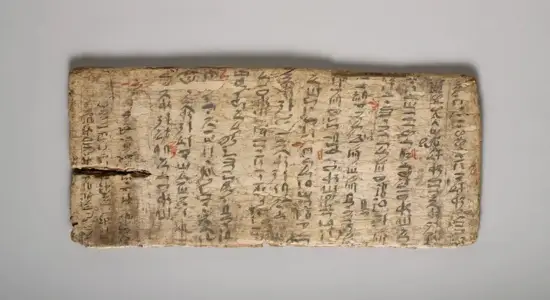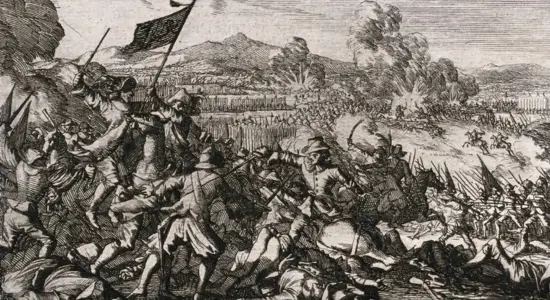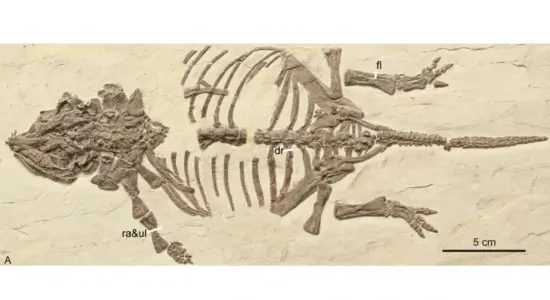For decades, a scattering of ruins in southeastern Europe was overlooked and dismissed as an insignificant military outpost. However, groundbreaking new excavations are now rewriting history. Archaeologists believe that these ruins may actually be the lost capital of an ancient kingdom with direct ties to one of history’s most legendary figures: Alexander the Great, the ferocious conqueror whose campaigns reshaped the ancient world.
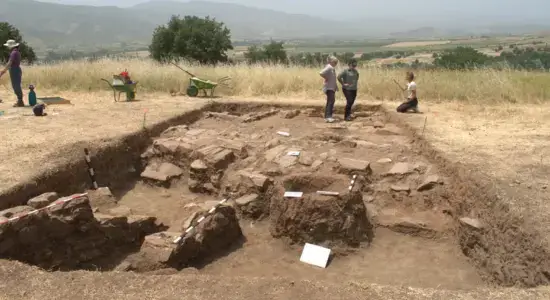
The site lies near the village of Crnobuki in North Macedonia. First mentioned in 1966, the area saw minimal excavation until about 15 years ago. Early findings were underwhelming—just a few crumbling walls and remnants that appeared to be little more than a Roman-era guard post. For decades, that assumption remained unchallenged.
But now, a new team of researchers from North Macedonia’s Institute & Museum–Bitola and California State Polytechnic University-Humboldt has returned, equipped with advanced archaeological tools and fresh curiosity. Their discoveries reveal that the settlement is not just a lonely outpost; it is a sprawling city that once covered at least 2.8 hectares (about 7 acres). Among the unearthed features are several important structures, including what appears to be a Macedonian-style theater and a textile workshop — evidence of a once-thriving urban center.
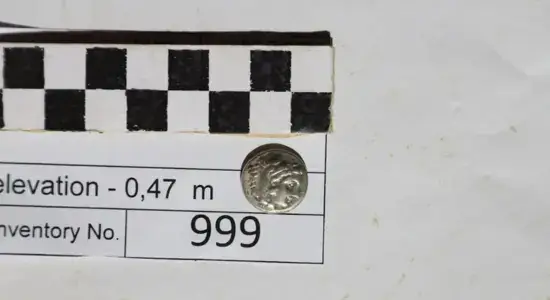
Even more astonishing is the discovery of a coin dated between 325 and 323 BCE — during the lifetime of Alexander the Great. This single find pushes the founding of the city back by nearly a century, overturning the previous belief that it was established under King Philip V between 221 and 179 BCE. This crucial detail suggests that the settlement might have flourished during the height of Macedonian power.
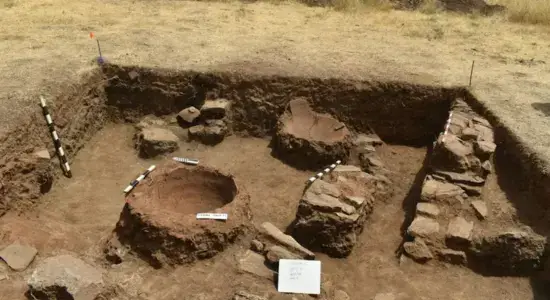
Further artifacts, including ancient tools, axes, and shards of ceramic vessels, paint a vivid picture of everyday life in the city. Researchers believe these findings could offer deeper insights into trade, culture, and daily activities of a civilization that has, until now, been shrouded in mystery.
As excavations continue, hopes are high that this forgotten city will reveal more secrets. Could it have been a key stronghold in Alexander’s empire, or perhaps a thriving cultural hub lost to the sands of time? Whatever the case, this discovery is a thrilling reminder that history always has more to tell us — if we’re willing to dig for it.
ref : iflscience



